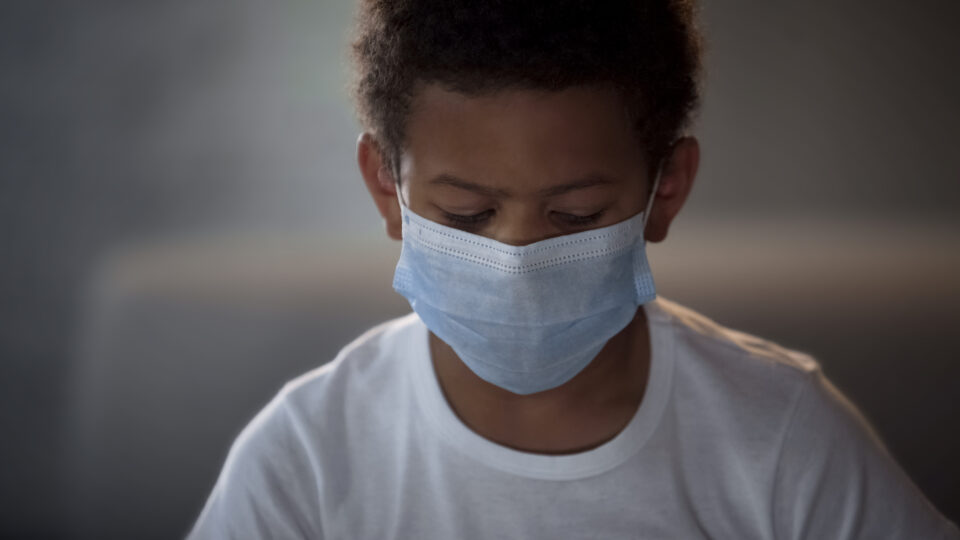March 1, 2021
How to tell if your child needs professional attention
Is your child whining more than usual about life being unfair? Are they unusually anxious about friendships? Or maybe they’re moping about, listless, and emotionally closing themselves off from you?
While you may simply chalk up your child’s behavior to the blues, the blahs or boredom – or teenhood – their behavior may be telling you more than you think. Just because your child is young does not mean that their feelings are not valid or as deep as an adult’s.
The past 12 months have been an emotional roller coaster for everyone, our children included. Among the COVID upheavals kids have been coping with are social distancing from friends, curtailed extra-curricular activities, and solo homeschooling. Not to mention this year’s loss of holiday traditions and family activities, Mardi Gras parading included.
When should you be worried?
Local developmental psychologist Dr. Pat Blackwell reminds parents that it’s important to be alert to signs of depression in their children. “Depression is up during COVID. It’s essential for parents to keep in mind that if a child says they’re depressed, then they’re depressed.”
It’s also important for parents to keep the dialog open with their child and talk to them about how they’re feeling. Children and teens may try to hide their feelings or feel embarrassed to tell their parents about their sadness or struggles. And younger children may not have the vocabulary to express or capacity to understand that they’re depressed.
Red Flags
The signs of mental health changes and challenges can be subtle, but there are red flags parents should heed. Particularly, Dr. Blackwell says, “If they say ‘I’m sad,’ or ‘I’d be better off dead,’ the first step is to make an appointment with a psychologist and get an evaluation.”
Behavioral red flags include:
- Self-harm or cutting
- Eating too much or too little
- Sleeping too much or too little
- No interest in school or poor grades
- Low self-esteem
- Listless or not enjoying the things they used to enjoy
- Changes in relationships, suddenly having no friends
- Fighting with siblings or friends
- Changes in mood
- Irritability, anger at small things, crying
Parental Depression
Parents need to be aware of their own mental health and take care of themselves first and foremost in order to look after their child’s emotional needs.
Dr. Blackwell stresses that, “When parents are depressed, children are more likely to be depressed. And right now, it’s easy for parents to be depressed due to reduced income or other stressors. A child is a higher risk if the parent is, particularly if that parent isn’t taking care of themselves and their own mental health.
If you think depression is an issue for your child, observe their behavior closely. Also check in with their teacher or school counselor and find out how they are behaving at school. Your child’s pediatrician is also a top resource for evaluating your child and their symptoms.
And don’t be afraid to ask for professional help. Free services are available in the New Orleans area and are only a phone call away.
 Trevor Wisdom is a mom and native New Orleanian, and managing editor of Nola Family.
Trevor Wisdom is a mom and native New Orleanian, and managing editor of Nola Family.


